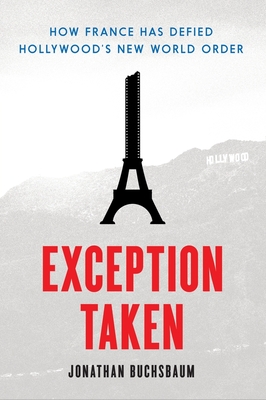Expedite your nonfiction book discovery process with Readara interviews, summaries and recommendations, Broaden your knowledge and gain insights from leading experts and scholars
In-depth, hour-long interviews with notable nonfiction authors, Gain new perspectives and ideas from the writer’s expertise and research, Valuable resource for readers and researchers
Optimize your book discovery process, Four-to eight-page summaries prepared by subject matter experts, Quickly review the book’s central messages and range of content
Books are handpicked covering a wide range of important categories and topics, Selected authors are subject experts, field professionals, or distinguished academics
Our editorial team includes books offering insights, unique views and researched-narratives in categories, Trade shows and book fairs, Book signings and in person author talks,Webinars and online events
Connect with editors and designers,Discover PR & marketing services providers, Source printers and related service providers

Exception Taken: How France Has Defied Hollywood's New World Order
Performing Arts > Film - History & Criticism
- Columbia University Press
- Paperback
- 9780231170673
- 9 X 6 X 1 inches
- 1.35 pounds
- Performing Arts > Film - History & Criticism
- (Single Author) Asian American
- English
Readara.com
Book Description
Led by the energetic minister of culture Jack Lang, France initiated a series of measures to support all sectors of the film industry. Lang introduced laws mandating that state and private television invest in the film industry, effectively replacing the revenue lost from a shrinking theatrical audience for French films. With the formation of the European Union in 1992, Europe passed a new treaty (Maastricht) that extended its legal purview to culture for the first time, setting up the dramatic confrontation over the General Agreement on Trade and Tariffs (GATT) in 1993. Pushed by France, the EU fought the United States over the idea that countries should preserve their right to regulate cultural activity as they saw fit. France and Canada then initiated a campaign to protect cultural diversity within UNESCO that led to the passage of the Convention on Cultural Diversity in 2005. As France pursued these efforts to protect cultural diversity beyond its borders, it also articulated a certain idea of cinema that did not simply defend a narrow vision of national cinema. France promoted both commercial cinema and art cinema, disproving announcements of the death of cinema.
Author Bio
Jonathan Buchsbaum is a professor of Media Studies and is also a member of the Film Studies Certificate Program doctoral faculty at the CUNY Graduate Center. Educated at the University of Pennsylvania (BA, Economics), Harvard University (MEd) and New York University (MA, PhD, Cinema Studies), Buchsbaum teaches "Principles of Sound and Image," "African Americans in Film and Television," "Styles of Cinema," and "Latin American Cinema."
His publishing concentrates on political filmmaking in the United States, Latin America , and France. His doctoral dissertation, "Cinema Engagé: Film in the Popular Front," was published by the University of Illinois Press in 1988. His most recent book is Cinema Sandinista: Filmmaking in Revolutionary Nicaragua, 1979-1990 (University of Texas Press, 2003). His current research focuses on the government support system for cinema in France, and its relation to the liberalizing pressures of the European Union and the World Trade Organization.
Current book project: Exceptional Times: National Cinema and Global Culture.
Source: Queens College
Videos






Community reviews
No Community reviews

